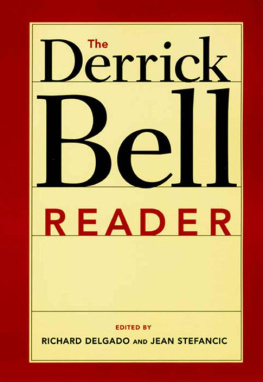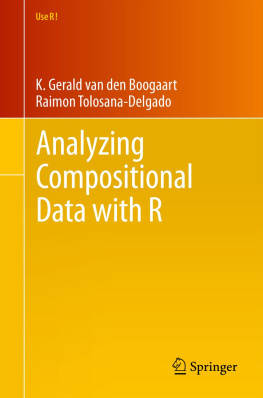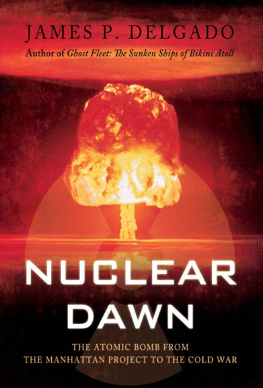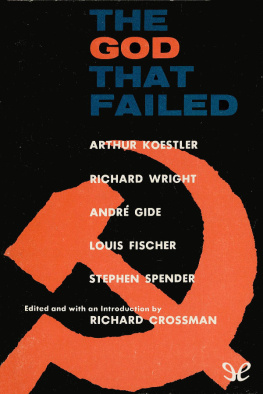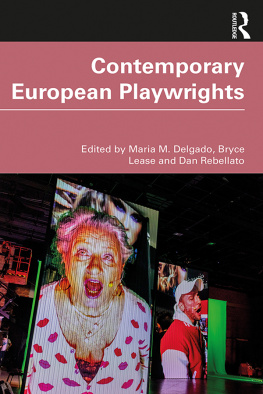Richard Delgado - Failed Revolutions
Here you can read online Richard Delgado - Failed Revolutions full text of the book (entire story) in english for free. Download pdf and epub, get meaning, cover and reviews about this ebook. year: 2020, publisher: Taylor & Francis, genre: Politics. Description of the work, (preface) as well as reviews are available. Best literature library LitArk.com created for fans of good reading and offers a wide selection of genres:
Romance novel
Science fiction
Adventure
Detective
Science
History
Home and family
Prose
Art
Politics
Computer
Non-fiction
Religion
Business
Children
Humor
Choose a favorite category and find really read worthwhile books. Enjoy immersion in the world of imagination, feel the emotions of the characters or learn something new for yourself, make an fascinating discovery.

- Book:Failed Revolutions
- Author:
- Publisher:Taylor & Francis
- Genre:
- Year:2020
- Rating:4 / 5
- Favourites:Add to favourites
- Your mark:
- 80
- 1
- 2
- 3
- 4
- 5
Failed Revolutions: summary, description and annotation
We offer to read an annotation, description, summary or preface (depends on what the author of the book "Failed Revolutions" wrote himself). If you haven't found the necessary information about the book — write in the comments, we will try to find it.
Failed Revolutions — read online for free the complete book (whole text) full work
Below is the text of the book, divided by pages. System saving the place of the last page read, allows you to conveniently read the book "Failed Revolutions" online for free, without having to search again every time where you left off. Put a bookmark, and you can go to the page where you finished reading at any time.
Font size:
Interval:
Bookmark:

of Legal Imagination, Richard Delgado and Jean Stefancic
the Jurisprudence of Property, Carol M. Rose
and the First Amendment, Mari J. Matsuda, Charles R. Lawrence III,
Richard Delgado, and Kimberl Williams Crenshaw
and Legal Reasoning, Alexander E. Silverman
Law Practice, Gerald P. Lpez
edited by Dennis M. Patterson
edited by Michael Brint and William Weaver
edited by Katharine T. Bartlett and Rosanne Kennedy
edited by Robert F. Nagel
Fernando R. Tesn
edited by Robert W. Gordon and Margaret Jane Radin
and Jean Stefancic

52 Vanderbilt Avenue, New York, NY 10017
2 Park Square, Milton Park, Abingdon, Oxon OX14 4RN
Product or corporate names may be trademarks or registered trademarks, and are used only for identification and explanation without intent to infringe.
Delgado, Richard.
Failed revolutions: social reform and the limits of legal
imagination / Richard Delgado and Jean Stefancic.
p. cm. (New perspectives on law, culture, and society)
Includes bibliographical references and index.
ISBN 0-8133-1806-8 (cloth) ISBN 0-8133-1807-6 (pbk.)
1. Social movementsUnited States. 2. Sociological
jurisprudence. 3. Law reformSocial aspectsUnited States.
4. RadicalismUnited States. I. Stefancic, Jean. II. Title.
HN65.D37 1994
303.48'4dc20 94-11403
CIP
I dream things that never were and say, why not.
- PART ONE
On the Difficulty of Imagining a Better Society - PART TWO
On the Difficulty of Hearing What Our Prophets Are Saying - PART THREE
Why We Always Embrace Moderate Solutions (or Saviors) - PART FOUR
Supreme Court (and Other) Rhetoric: How the Way Powerful Institutions Talk Can Devalue and Marginalize Outsider Groups
- PART ONE
On the Difficulty of Imagining a Better Society - PART TWO
On the Difficulty of Hearing What Our Prophets Are Saying - PART THREE
Why We Always Embrace Moderate Solutions (or Saviors) - PART FOUR
Supreme Court (and Other) Rhetoric: How the Way Powerful Institutions Talk Can Devalue and Marginalize Outsider Groups
- viii
Jean Stefancic
Font size:
Interval:
Bookmark:
Similar books «Failed Revolutions»
Look at similar books to Failed Revolutions. We have selected literature similar in name and meaning in the hope of providing readers with more options to find new, interesting, not yet read works.
Discussion, reviews of the book Failed Revolutions and just readers' own opinions. Leave your comments, write what you think about the work, its meaning or the main characters. Specify what exactly you liked and what you didn't like, and why you think so.

